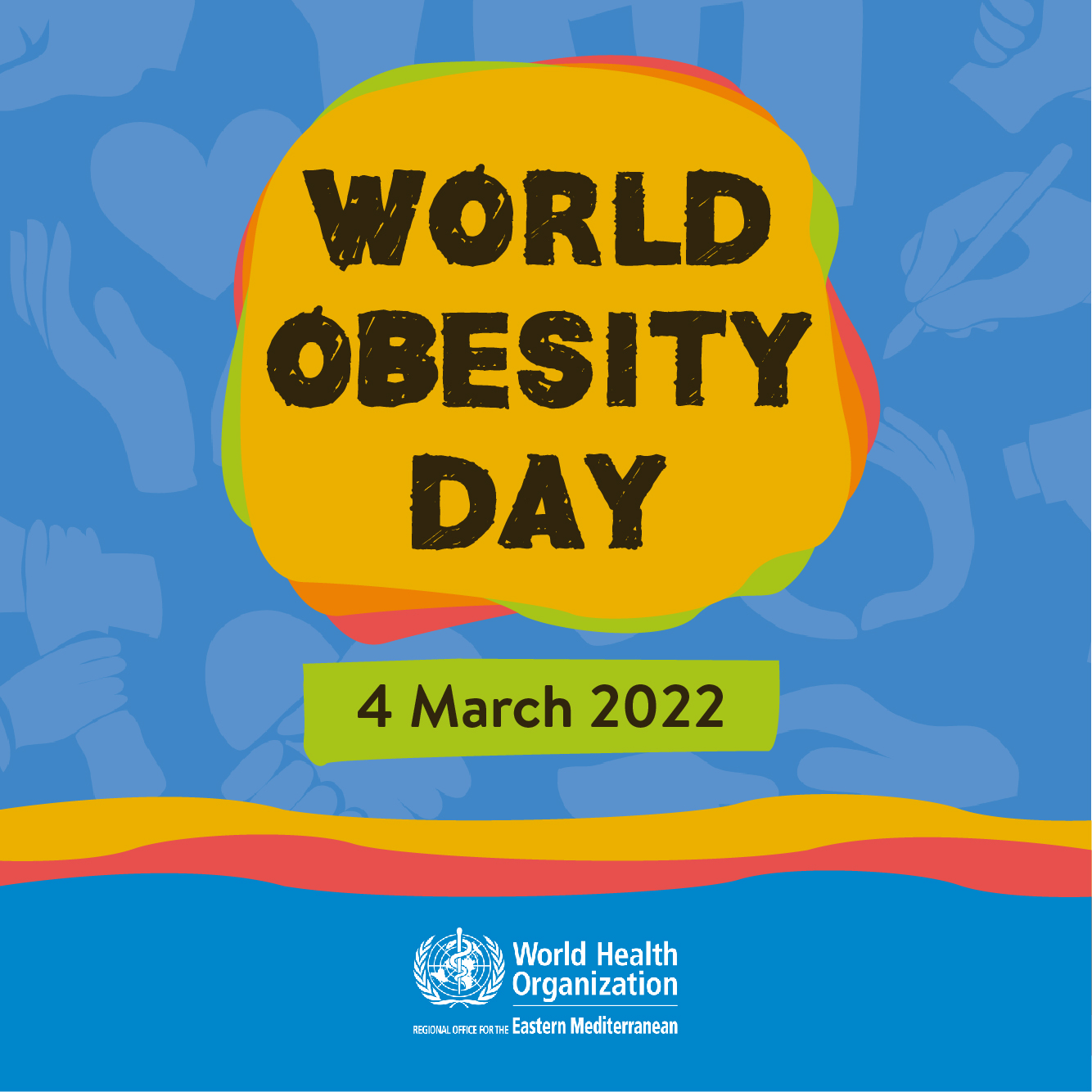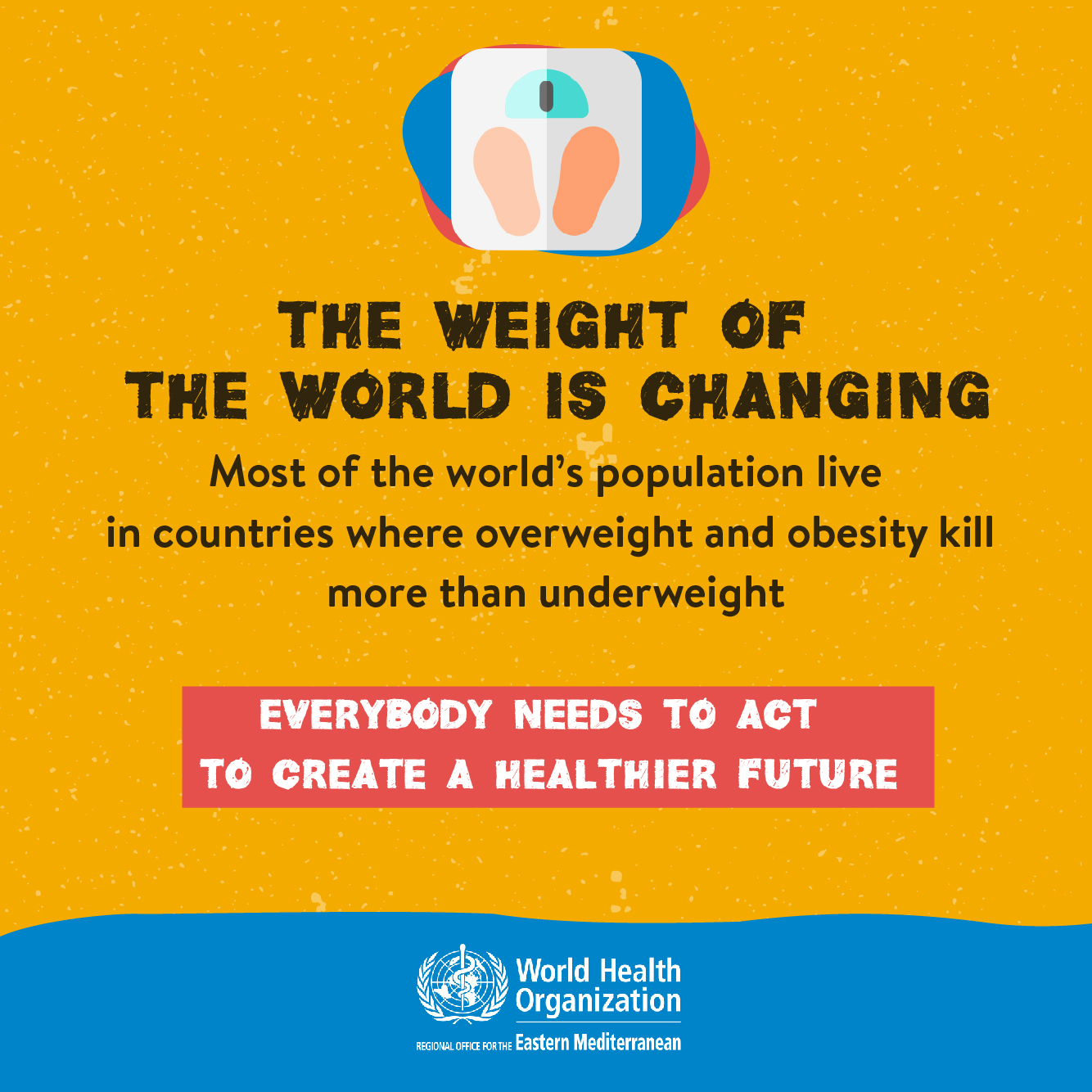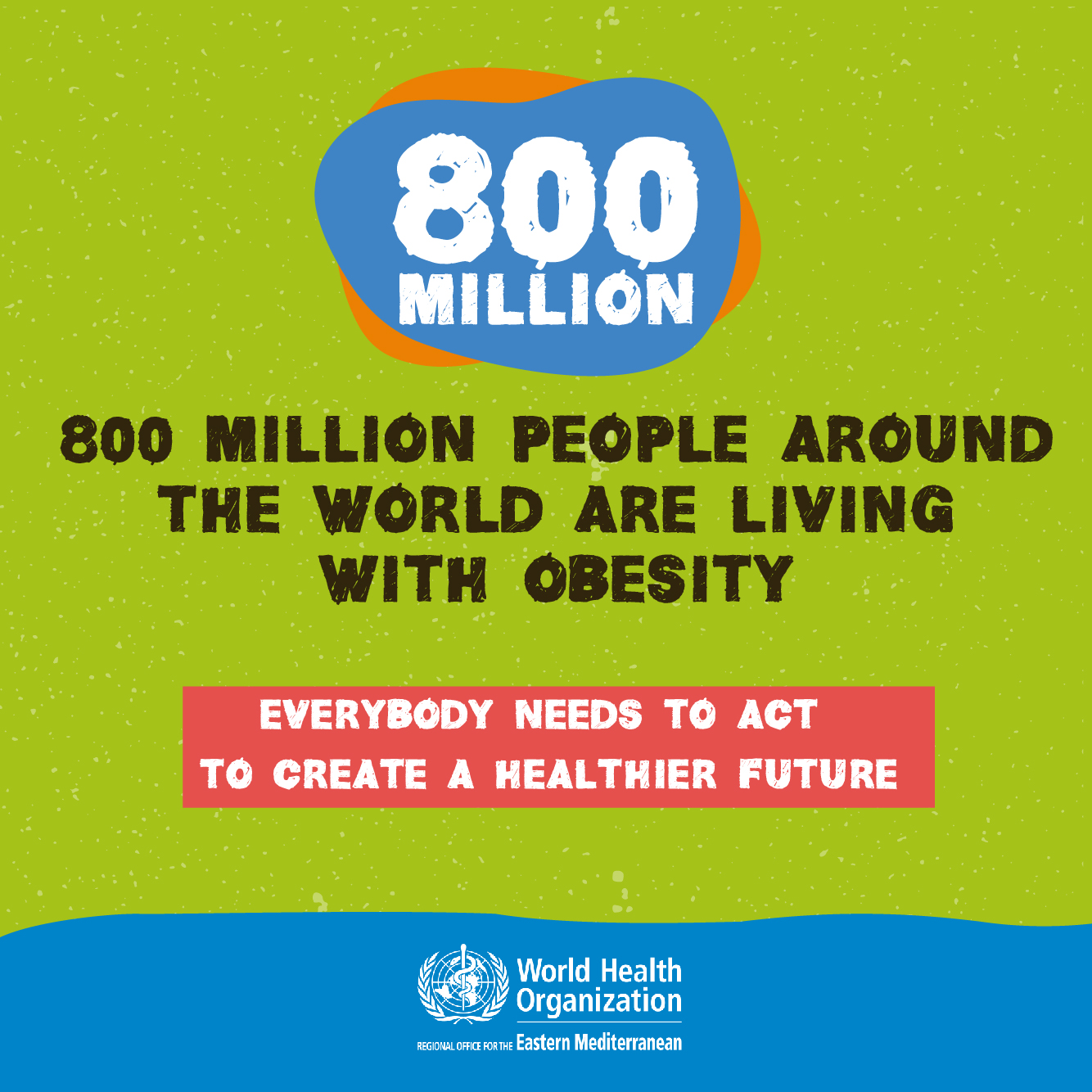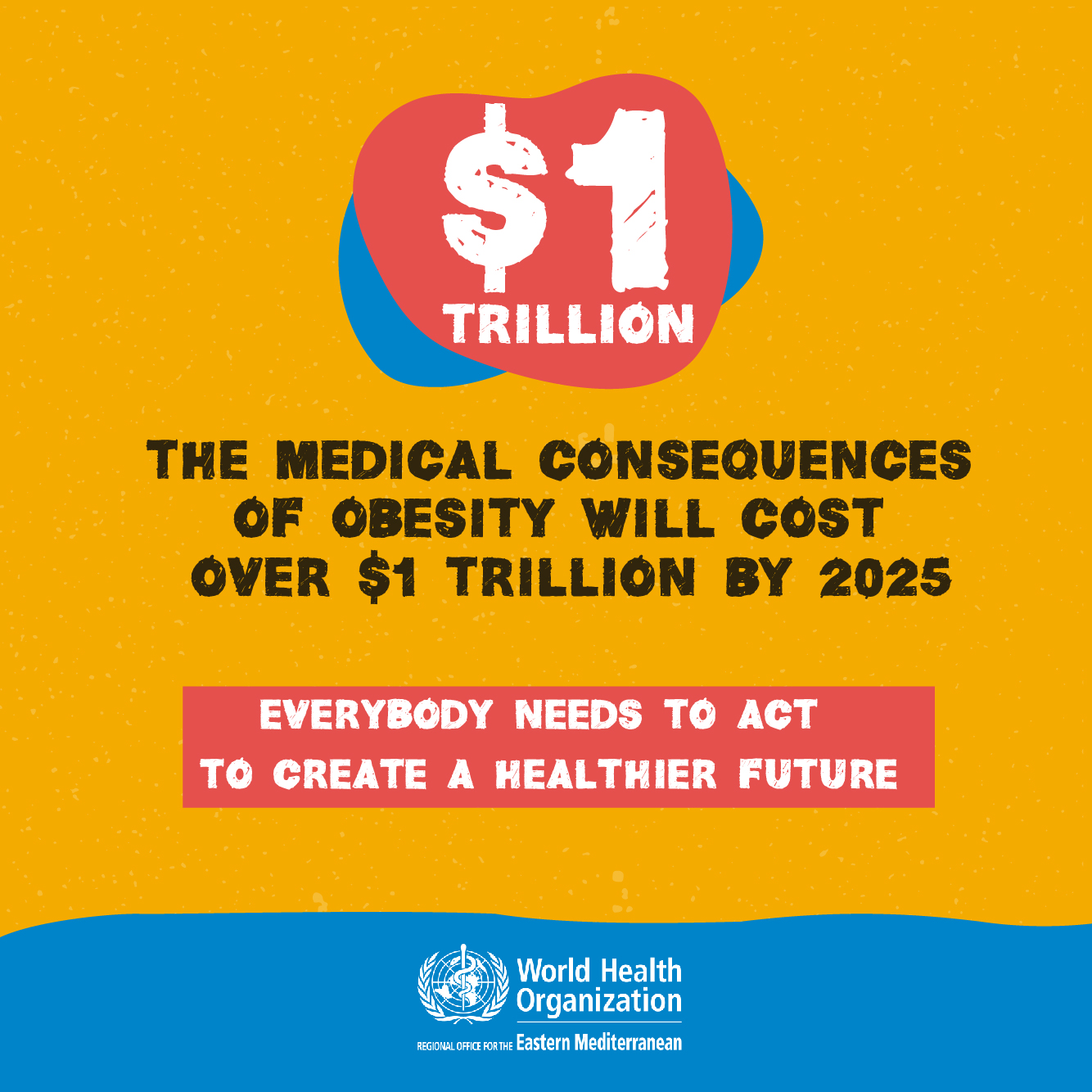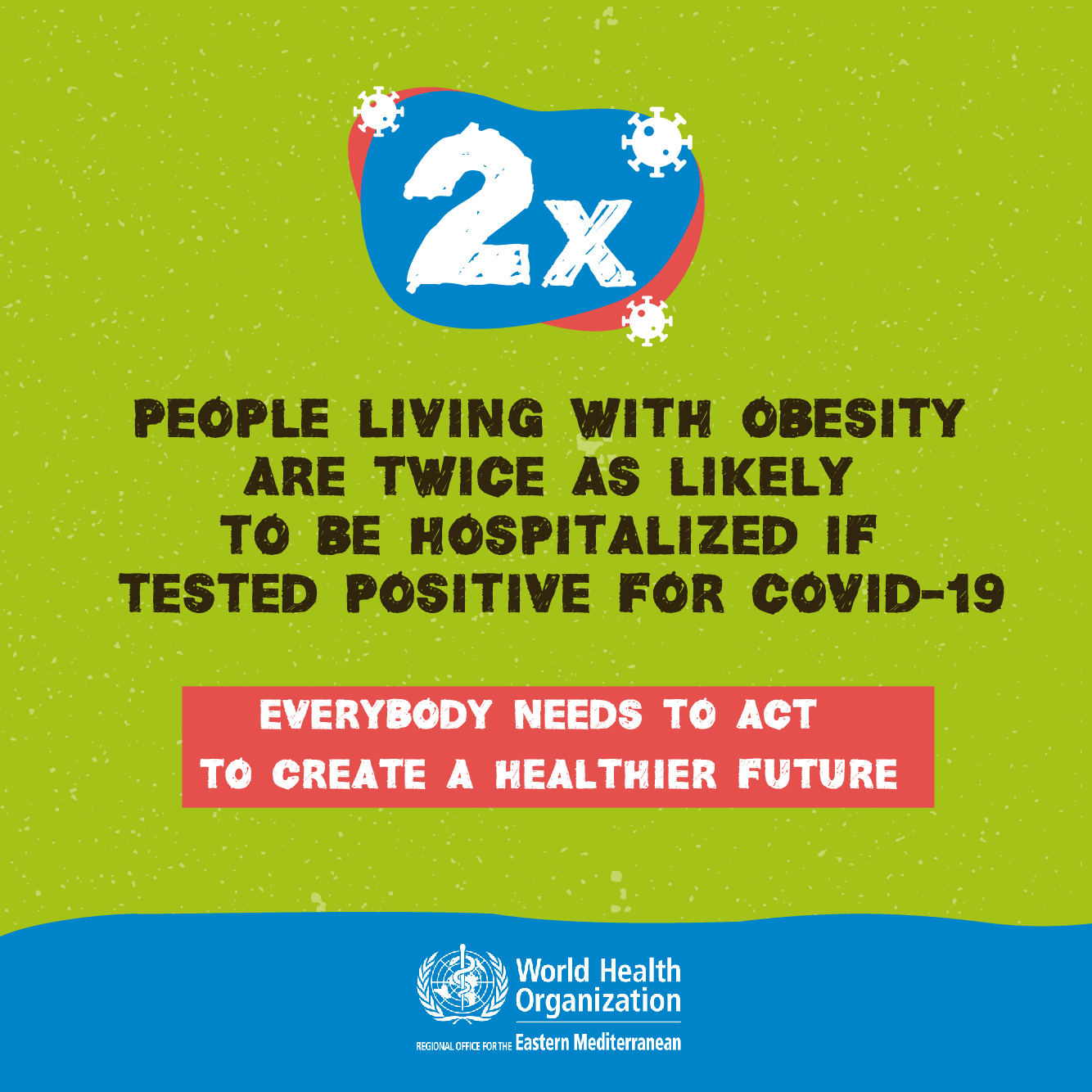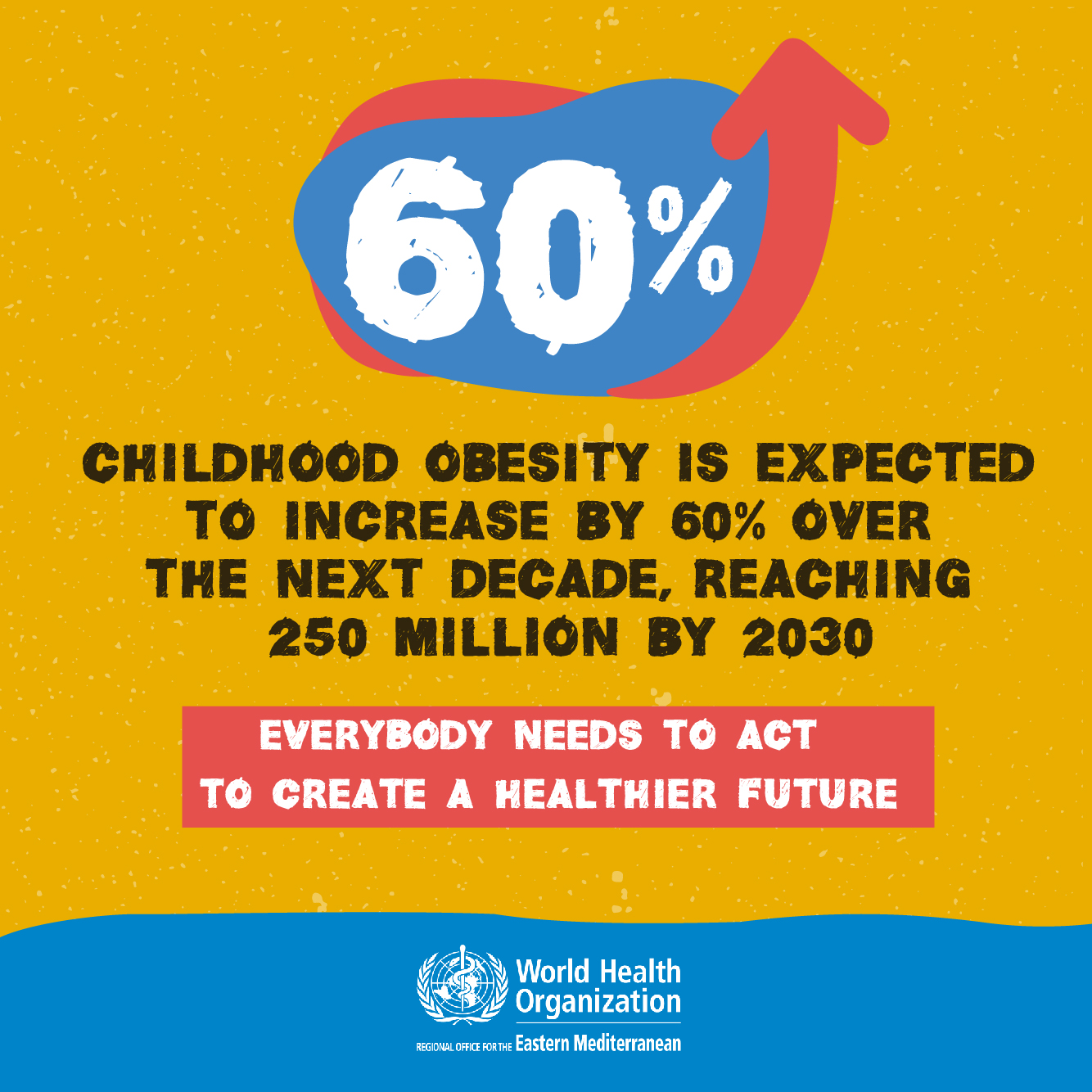Capacity-building for rolling out the ECHO project by public and private partners
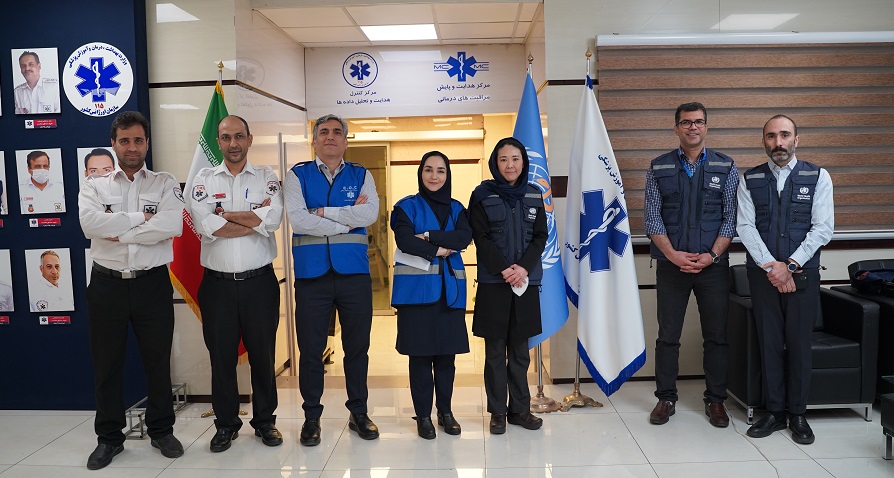 WHO project team conducting the virtual briefing session. Credit: WHO/Islamic Republic of Iran
WHO project team conducting the virtual briefing session. Credit: WHO/Islamic Republic of Iran
27 November 2022 – In line with the project’s progress towards results and achieving determined objectives, the World Health Organization (WHO) country office in the Islamic Republic of Iran, together with the State Welfare Organisation (SWO), organized and conducted several briefing and training sessions to inform and engage the stakeholders and enhance the capacity of staff in long-term care facilities.
The project “Improving access to inclusive health care for elderly and people living with disabilities during the COVID-19 pandemic” is designed to reduce the risk and improve the response capacity in long-term care facilities. To maximize efficiency and ensure the achievement of results, the project team in WHO, in collaboration with the project steering committee, has planned a rigorous capacity-building component whereby public and private institutions (long-term care facilities, national and provincial SWO experts) would be trained to contribute to the implementation, monitoring, and evaluation of project. By 15 November 2022, 2 phases of the capacity- building had successfully been completed.
In the first phase, the staff of the target facilities and national and provincial authorities from the SWO received online training on standards and preparation of isolation rooms, and the steps of the project implementation in October 2022. These online sessions were conducted in 2 groups on Monday 10 October and Wednesday 12 October 2022, for facilities in Alborz, Ardabil, East Azerbaijan, Fars, Guilan, Hamedan, Isfahan, Kerman, Kermanshah, Khorasan Razavi, Qom, South Khorasan, Tehran and Yazd.
During the training, the requirements for establishing a standard isolation room, including room attributes and anteroom, bathroom, ventilation and air conditioning, necessary equipment, surfaces condition, and facilities outside of the room were presented. Also, the essential requirements for effective and sustainable quarantine of patients with respiratory infections were discussed thoroughly. The process of preparing the designated room, verification modalities, repackaging and delivery of procured items to the 30 selected long-term care facilities in 14 provinces, and reporting and documentation requirements, and the timeline of activities and responsibilities were reviewed.
In the second phase, a virtual workshop titled “introduction to project monitoring and evaluation at long-term care facilities” was held for representatives from the SWO provincial offices and coordination and reporting focal points of long-term care facilities on 8 and 9 November 2022. This workshop was designed to train facility staff on result-based management and the effective operation of isolation rooms to facilitate the early quarantine of older persons and people living with disabilities.
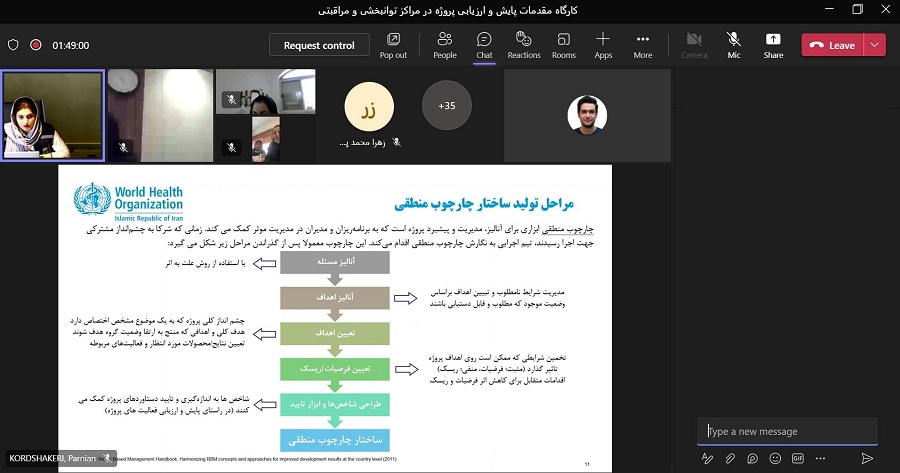 Monitoring and evaluation online workshop for the target SWO representatives and facility focal points. Credit: WHO/Islamic Republic of Iran
Monitoring and evaluation online workshop for the target SWO representatives and facility focal points. Credit: WHO/Islamic Republic of Iran
The participants gathered in 2 virtual sessions on 2 consecutive days to learn about result-based management, logical framework, project monitoring and evaluation and documentation and reporting against indicators. Throughout this highly interactive training, more than 50 participants engaged in multiple roundtables and group activities to brainstorm, discuss and practice modeled monitoring and evaluation.
The project capacity-building programme will continue to expand the practical knowledge and capacity of caregivers and service providers. The next phase is planned for December 2022, during which training courses will be provided on how to improve the quality of care and inclusive health care at the long-term care facility level via the tailored guidelines, standard operation procedures, and the monitoring tools.
Test
World Breast feeding Week 2022
Step up for breastfeeding
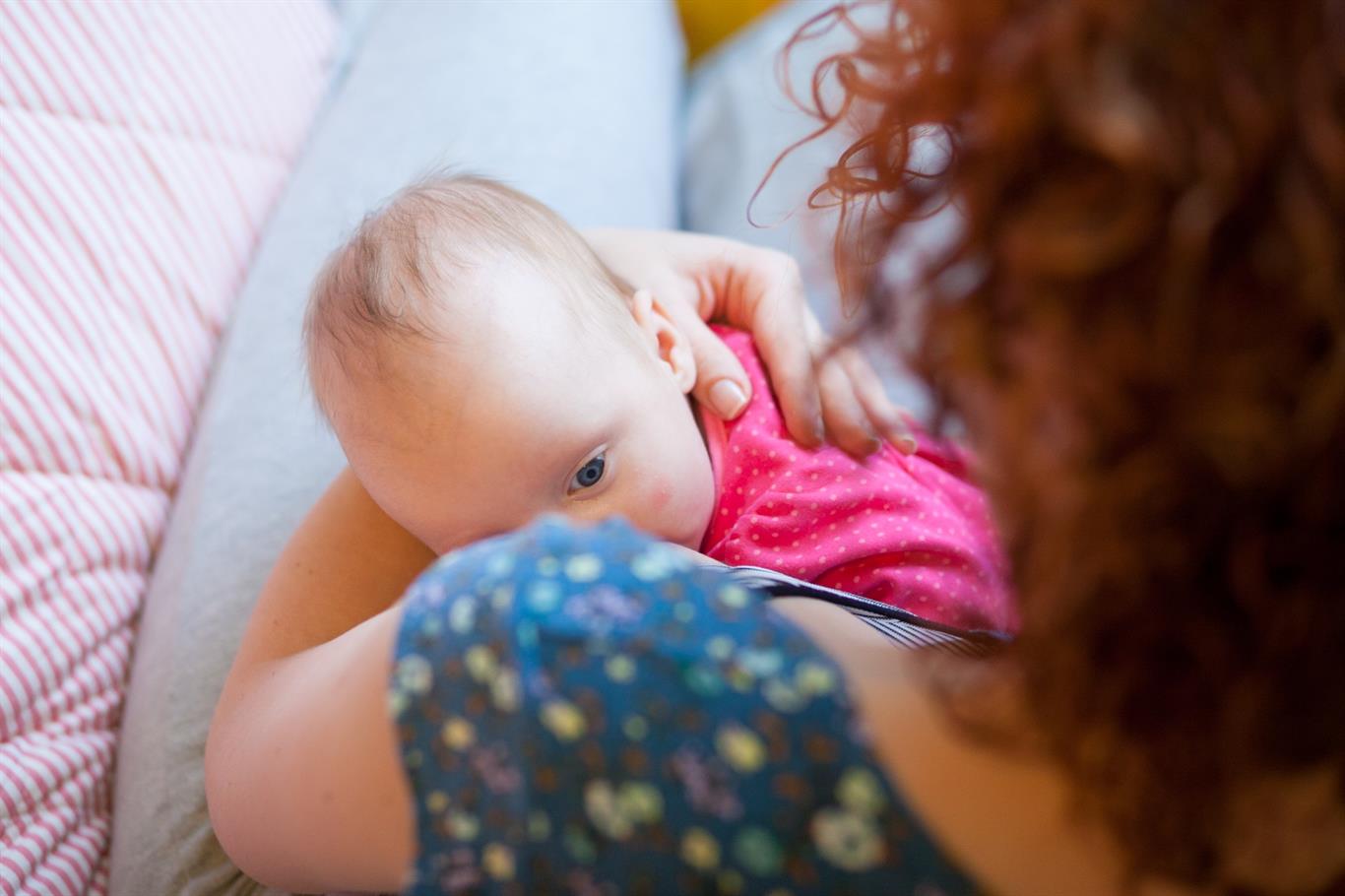
Breastfeeding is one of the most effective ways to ensure child health and survival. However, nearly 2 out of 3 infants are not exclusively breastfed for the recommended 6 months—a rate that has not improved in 2 decades.
Breastmilk is the ideal food for infants. It is safe, clean and contains antibodies which help protect against many common childhood illnesses.
Breastfed children are less likely to be overweight or obese and less prone to diabetes later in life. Women who breastfeed also have a reduced risk of breast and ovarian cancers
On World Obesity Day, 4 March, WHO and partners are calling on everybody to work together because this is the only way we can improve understanding, prevention and treatment of obesity, and make progress. We need to act at all levels to combat the obesity epidemic and address its many root causes to create a healthier future.
WHO and UNICEF recommend that children initiate breastfeeding within the first hour of birth and are working to increase the rate of exclusive breastfeeding for the first 6 months up to at least 50% by 2025.
WHO and UNICEF created the Global Breastfeeding Collective to rally political, legal, financial, and public support for breastfeeding. The Collective brings together implementers and donors from governments, philanthropies, international organizations, and civil society.
WHO’s Network for Global Monitoring and Support for Implementation of the International Code of Marketing of Breast-milk Substitutes, also known as NetCode, works to ensure that breast-milk substitutes are not marketed inappropriately.
Social cards
Prioritization of occupational health and safety discussed in tripartite meeting of WHO, ILO and the Iranian health and labour ministries
Thursday, 19 May 2022 – Occupational health and safety (OHS) and multilateral collaboration at the regional and country level were discussed during a tripartite meeting between the World Health Organization (WHO) country office in the Islamic Republic of Iran, WHO’s regional Centre for Environmental Health Action (CEHA), the International Labour Organization (ILO) and the Iranian Ministry of Health and Medical Education and Ministry of Cooperatives, Labour and Social Welfare, held in Amman, Jordan, on 18 May 2022.
Part of a three-day high-level mission from Islamic Republic of Iran to Jordan, the tripartite meeting welcomed the participation of representatives from the ILO, including Dr Yuka Ujita, an occupational safety and health specialist based in Bangkok, Thailand, and Dr Halshka Graczyk, a technical specialist on occupational safety and health based in Geneva, Switzerland, who participated virtually.
Expressing their readiness to join forces with WHO to enhance the well-being and health of employees in the Islamic Republic of Iran, the ILO representatives offered support and guidance in sharing experiences and developing policies.
The Center of Environmental and Occupational Health at the Iranian Ministry of Health and Medical Education, led by Director-General, Dr Jaffar Jandaghi, and representatives from the Ministry of Cooperatives, Labour and Social Welfare, also joined the meeting virtually to discuss the theory and practice of OHS rules and regulations in the Islamic Republic of Iran and the responsibilities of both ministries in safeguarding the workforce and workplaces across the nation.
As discussed at the meeting, the Ministry of Health and Medical Education is responsible for occupational health and the Ministry of Cooperatives, Labour and Social Welfare is responsible for occupational safety in workplaces, and they come together in a joint inter-ministerial and inter-sectoral committee of national technical officers and decision-makers.
A host of technical areas were discussed and consensus was reached on the following areas for further collaboration among ministries and organizations:
• expansion of networking and collaboration among the parties
• sharing and adopting newly-updated guidelines, regulations and threshold standards
• training and capacity-building for national staff
• an OHS strategy for small-scale and private sector industries and workplaces.
The meeting concluded with all the parties agreeing to a joint mission by CEHA and ILO to the Islamic Republic of Iran in the near future for further technical discussions and action plan development








